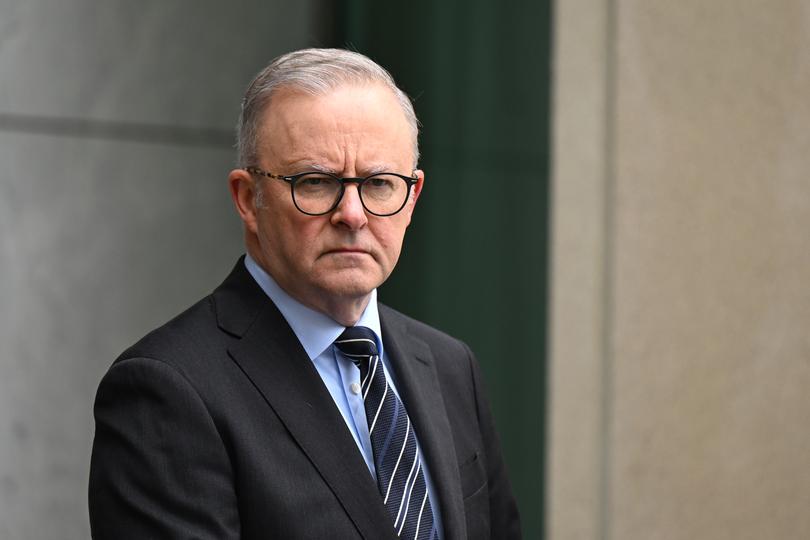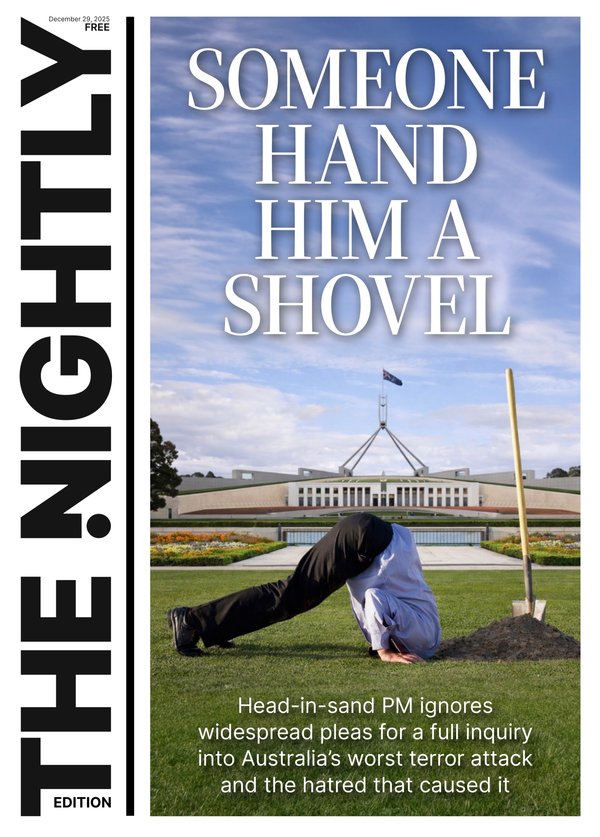EDITORIAL: Australia must be prepared to stand up to China

Plenty has been gained through the thawing of diplomatic relations between Australia and China which has occurred since late 2022.
Slowly, punishing tariffs on Australian products put in place by Beijing in 2020 have been unwound. Most recently, stratospheric tariffs on Australian wine, which saw the value of the industry’s exports to China collapse from $1.24 billion in 2019 to just $1 million last year, were finally lifted. Similar tariffs on barley were removed last year and there’s hope that the same will soon happen for penalties on Australian lobster and beef exports.
Australian journalist Cheng Lei was in October finally released from a Chinese jail after almost three years of imprisonment on ill-defined charges (though writer Yang Hengjun remains locked up for similarly vague crimes).
Sign up to The Nightly's newsletters.
Get the first look at the digital newspaper, curated daily stories and breaking headlines delivered to your inbox.
By continuing you agree to our Terms and Privacy Policy.One of the key weapons in Australia’s diplomatic arsenal in bringing about the defrost was our strength.
The penalties put in place in retaliation for a host of trespasses, including the 2018 decision to ban Huawei from building Australia’s 5G network, resulting in hurt feelings in Beijing, could have been crushing. They weren’t.
Industries found other export markets to fill the gaps where they could and made do where they couldn’t.
Australia refused to buckle. The thaw was achieved without allowing Australia to be bullied, or kowtowing to an authoritarian regime.
In December 2022, Prime Minister Anthony Albanese mapped out what he saw as the future of Australia’s new era of China relations.
“We will cooperate where we can disagree where we must and engage in the national interest,” he said.
Disagreements were to be expected, he said. After all, it’s the ability to respectfully disagree that is the true test of a friendship.
Friends don’t release flares into the flight path of friends’ navy helicopters, as China did in the international waters in the Yellow Sea on Saturday.
Nor do friends fire sonar blasts at friends’ military divers, as happened in November, resulting in injuries to two Australian soldiers.

Mr Albanese on Tuesday said the Federal Government had made “very strong representations” to Beijing “at every level” to communicate its fury over the most recent incident.
Whether those representations include the Prime Minister picking up the phone to call President Xi Jinping personally, Mr Albanese won’t say. He did say he intends to raise the incident with Premier Li Qiang during China’s second most powerful man’s visit to Australia — next month.
There are plenty more actions Australia could take, including the expulsion of diplomats, the restriction of visas issued to Chinese students and tourists, and trade sanctions. Open relations with China must not come at the expense of standing up for ourselves.
Australia’s resilience through the last round of trade tariffs should give us the confidence to show a little more backbone.
Sino-sycophantism will win us no friends, including in Beijing.
